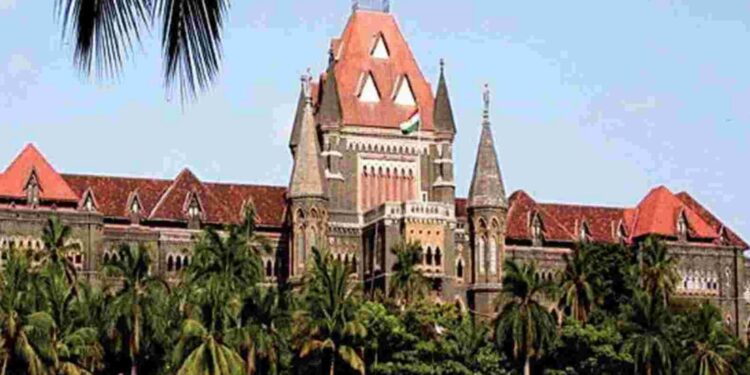The Bombay High Court’s Nagpur bench recently ruled that merely being present at a murder scene and uttering the words “mara mara” (beat her, beat her) does not establish a common intention to commit murder. In the case of Jayanand s/o Arjun Dhabale and Ors v. State of Maharashtra, the bench, comprising Justice Vinay Joshi and Justice Abhay Mantri, it acquitted three family members accused of killing a woman while upholding the conviction of a fourth family member.
The Court found that the prosecution failed to prove the necessary elements of common intention under Section 34 of the Indian Penal Code (IPC).
The case stemmed from the brutal murder of Sunanda, the widow of Jayanand Dhabale’s late brother, Vijay. Sunanda had been living with her in-laws after her husband’s death. Still, tensions within the family escalated, especially after the Dhabale family accused her of practicing black magic, which they believed caused their illnesses and misfortune.
On the day of the attack in 2015, Jayanand was found wielding an axe while Sunanda lay injured. Eyewitnesses testified that his sons, Niranjan and Kiran, were present at the scene, and his wife, Ashabai, allegedly shouted “mara mara” to encourage the assault. The prosecution argued that the family’s actions were part of a coordinated plan to murder Sunanda and that they shared a common intention to kill her.
However, the defense argued there was no prearranged plan and that Ashabai’s words were merely an encouragement to beat Sunanda, not to kill her. They also contended that Niranjan and Kiran were not involved in planning or executing the attack.
The Court agreed with the defense’s interpretation, stating that “mara mara” was likely an appeal to beat, not to kill. The Court noted that there was no evidence of a prearranged plan or concerted effort to commit murder. Therefore, the Court concluded that Section 34 of the IPC, which requires common intention, was not applicable.
As a result, the Court acquitted Ashabai, Niranjan, and Kiran of murder charges, while upholding Jayanand’s conviction and life sentence.
Advocate SG Varshani represented the appellants, and Additional Public Prosecutor AB Badar appeared for the State.

















